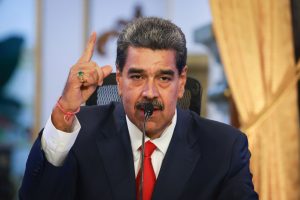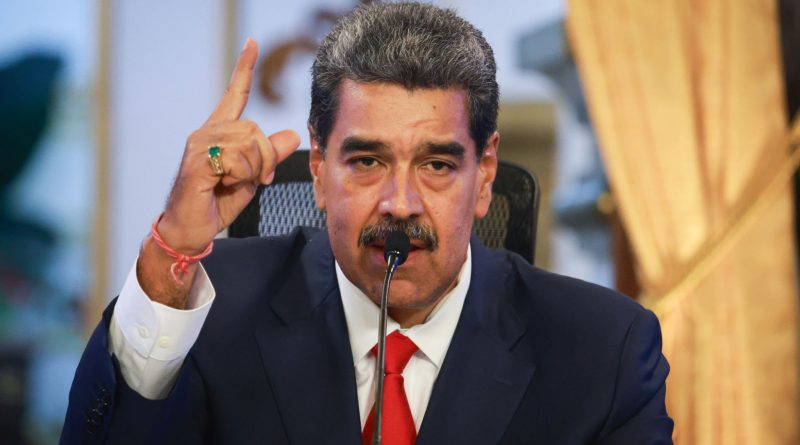Bounty on Nicolás Maduro

The U.S. “bounty” on Nicolás Maduro, explained
Aaron Stanway
Staff Writer
The history of US interventionism in South/Central America continues today as the United States has placed a bounty on the Venezuelan leader Nicolás Maduro’s.
The United States first put a price on information leading to Nicolás Maduro’s capture on March 26, 2020, when federal prosecutors in New York unsealed narco-terrorism and drug-trafficking indictments against the Venezuelan leader and several allies. The State Department paired those charges with a reward of up to $15 million for tips that could lead to his arrest or conviction framed as part of its long-running Narcotics Rewards Program, not as a call for violence.
U.S. sanctions and non-recognition of Maduro’s government, Washington escalated pressure in 2025. On August 7, 2025, the State Department announced an increase of the reward to as much as $50 million, citing the 2020 indictments and ongoing allegations that Maduro and senior officials facilitated large-scale cocaine trafficking in coordination with armed groups. The same update reiterated that the United States does not recognize Maduro as Venezuela’s legitimately elected president following the disputed 2024 vote.

Practically, the “bounty” functions like other State Department rewards: it targets information locations, networks, financial conduits that could enable arrest and prosecution in U.S. courts. It does not authorize vigilantism; payments are discretionary, conditioned on the usefulness of the intelligence, and processed through U.S. diplomatic and law-enforcement channels. The reward thus aims to squeeze Maduro’s security bubble and complicate travel or covert logistics by raising the incentives for insiders to cooperate.
Caracas, for its part, rejects the U.S. case as politically motivated. Venezuelan officials have repeatedly condemned the indictments and the expanding reward as interference in the country’s internal affairs. A stance they restated after Washington lifted the cap to $50 million in August 2025. The dueling narratives underscore how criminal allegations and geopolitics have fused in the broader U.S. Venezuela standoff.
Whether the higher ceiling yields actionable breakthroughs remains to be seen. Rewards of this scale can fracture patronage networks, especially if mid-level operatives fear exposure or asset seizures abroad. Yet Maduro’s staying power anchored in internal security, allied elites, and external partners have weathered years of sanctions and diplomatic isolation. For now, the U.S. move signals that the legal track opened in 2020 is not winding down, it’s intensifying. With the reward serving as both an intelligence tool and a political message for leaders who oppose the U.S.
Contact Aaron.Stanway@shu.edu

